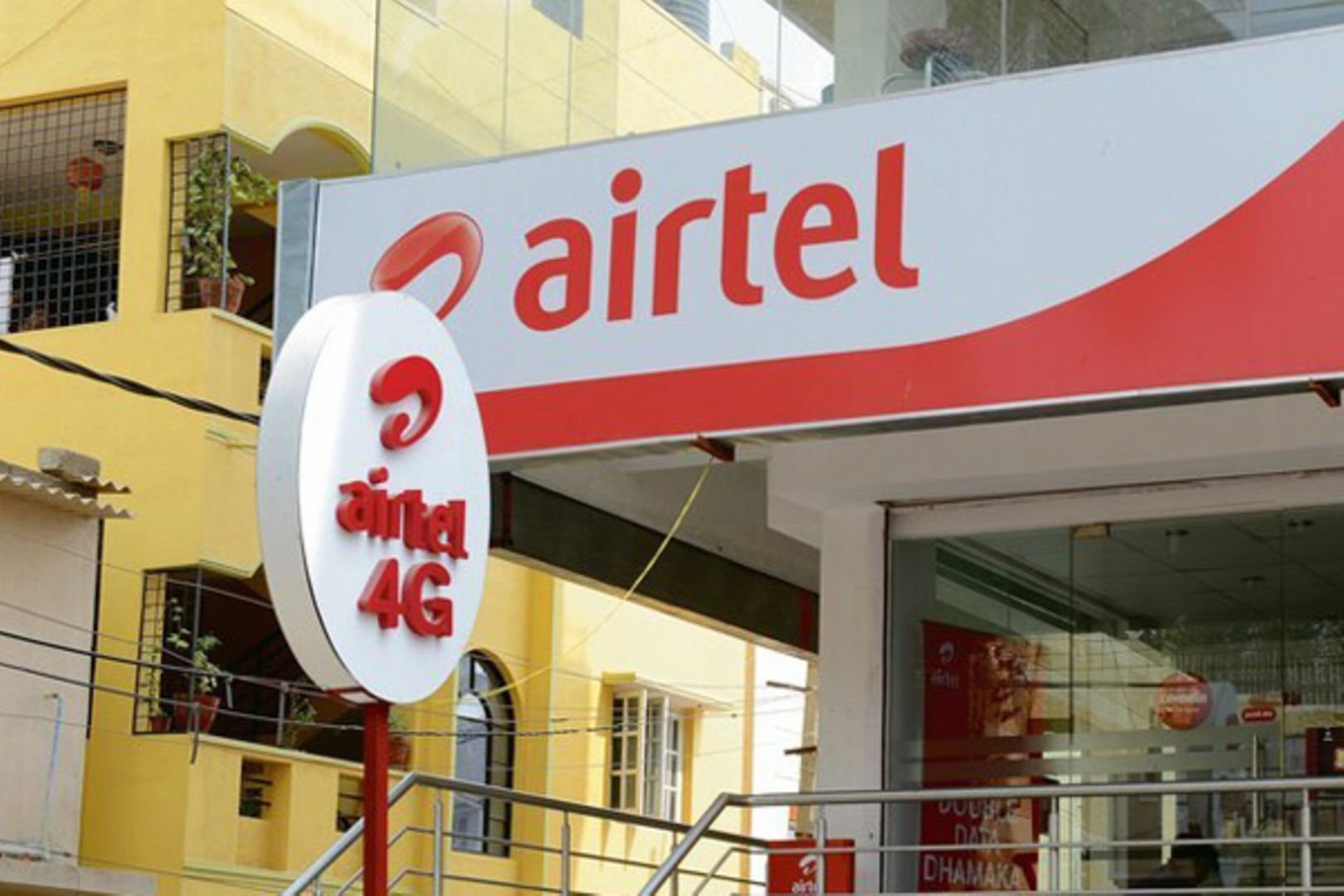Airtel stock opens first day of trading with low activity

What you need to know:
- Airtel, whose IPO was under subscribed by 45.55 percent, was yesterday listed on the Uganda Securities Exchange amid low activity
The Airtel share price opened and closed at a flat rate of Shs100, as the telecom made a maiden trading appearance after listing on the Uganda Securities Exchange (USE) yesterday.
Trading data from USE indicated that the telecom sold just 4,200 share from three deals on its first day of listing, realising a turnover of Shs420,000, while an outstanding offer of 405,490 shares attracted no bids by closure of business yesterday.
Trading activity on the Airtel counter was largely lower, according to USE data, compared to the likes of Stanbic, which traded more than one million shares, realising a turnover of slightly above Shs32m.
Data indicates that MTN traded 81,000 shares, raising a turnover of Shs13.7m, while Bank of Baroda traded 700,000 shares, from which it realized Shs9.8m.
The three counters have in the past few months been the most active, after declaring handsome dividend payouts for the year ended December and the half year to June.
On Monday, Airtel declared results from its initial public offering, which was undescribed by at 45.55 percent.
The IPO also performed below target, realizing only 26 percent or Shs211.4b of the Shs800b targeted revenue, while it also attracted just one professional investor - NSSF - which made a deadline-day purchase of Shs199b worth of shares for a 10.55 percent stake. Just 0.34 percent went to retail investors.
The telecom had floated an offer of eight billion shares at a price of Shs100, but only 4.36b shares were taken up by 4,614 investors.
However, the listing of Airtel has presented a great boost to the USE, which yesterday closed with a local market capitalisation of Shs11 trillion from Shs6.8 trillion.
Airtel, whose IPO returned a subscription of 54.45 percent, is the second telecom to list on the USE under the National Broadband Policy, which demands that telecommunications companies sell at least 20 percent of their shares to Ugandans.
MTN listed in 2021 under the same arrangement.
Mr Paul Bwiso, the USE chief executive officer, said yesterday that Airtel’s listing would “definitely project our market to be attractive to many foreign investors who currently dominate the trading of Uganda’s listed companies to make it more competitive and liquid”.
At least 60 percent of listed stakes in Ugandan companies are held by foreign investors.
Airtel anticipates using the proceeds from the IPO to accelerate capital expenditure in infrastructure, to cover operating costs and the nationwide rollout of 5G.
USE indicated that the IPO had not performed to expectation due to a busy bond market that saw yield on government paper hover above 14 percent, which made investors choose a less risk investment amid volatile economic fundamentals that have had adverse impact on equities.
Mr Bwiso also indicated that Uganda’s equity markets have been impacted by absence of enough market makers, who would “buy shares at a slight discount and sell later to make a return”.
Just like MTN, the Airtel IPO did not avail its mobile money business as part of the offer because the two businesses are run as separate entities under the law. The National Payment Systems Act separated mobile money from telecommunication operations.
NSSF’s deadline day purchase
NSSF will be the second biggest shareholder in Airtel after Airtel Africa and Bharti Airtel.
For its Shs199b, the Fund purchased a 10.55 percent in an IPO that was heavily incentivized.
Airtel issued the IPO with a price offer of Shs100 but institutional investors ended up paying Shs47 due to doubling of incentive shares, while retail investors paid an equivalent of Shs90.
Airtel is the 11th local company to list on USE.
The telecom in its prospectus indicated it expected to pay a dividend of approximately Shs500b for the year ending December 31.
Capital Markets Authority notes that while the banking sector still contributes significantly to mobilizing capital for business in Uganda, there are alternatives such as the financial markets, which are necessary because borrowing in the private sector becomes more expensive for businesses due to banks’ preference to lend to government, which is considered to be secure.
“If you package your business well, you won’t be short of capital for growing it in capital markets,” Mr Keith Kalyegira, the CMA chief executive officer, noted.




